Lighting isn’t just about visibility but atmosphere, functionality, and aesthetics. Whether revamping a home or designing a new space, lighting can make or break the vibe. And when it comes to selecting the perfect chandelier or planning overall lighting design, even the smallest mistake can cast a big shadow on your results.
From choosing the wrong size chandeliers to over-lighting a room, here are 10 common lighting mistakes to avoid—plus expert tips to help you make the most of your investment in modern chandeliers, fixtures, and more.
Common Lighting Mistakes to Avoid
1. Using Only One Light Source
Many people rely on a single overhead fixture and call it a day. This creates harsh shadows and a flat-looking space.
Solution: Layer your lighting. Combine ceiling lights like chandeliers, recessed lights, wall sconces, floor lamps, and table lamps to create depth and warmth.
2. Ignoring the Size of Your Chandelier
A chandelier that’s too small can get lost in a large room, while an oversized one can overwhelm a smaller space.
Pro Tip: Measure the room’s length and width (in feet), add those two numbers together, and convert that sum to inches. That’s the ideal diameter for your modern chandelier.
3. Improper Mounting Height
Hanging chandeliers too low or too high over tables or in rooms with high ceilings ruins both aesthetics and functionality.
Rule of Thumb:
-
Over a dining table: 30–36 inches above the tabletop
-
In open rooms: Maintain at least 7 feet clearance from the floor
4. Skipping Dimmers
Many skip dimmers altogether, locking their room into one fixed brightness level.
Fix: Install dimmers to control ambiance and save energy. Dimmer switches work especially well with modern chandeliers in dining rooms and living areas.
5. Neglecting Task Lighting
Think overhead lights are enough in the kitchen or study? Think again. These areas need targeted illumination.
Solution: Add under-cabinet lights, pendants over kitchen islands, and desk lamps for focus-driven spaces.
6. Overlighting Small Spaces
Too much brightness can create a sterile, uncomfortable environment.
What to Do: Use lower wattage bulbs or strategically placed fixtures like contemporary chandeliers or wall sconces to create cozy, inviting vibes.
7. Forgetting Color Temperature
Using the wrong bulb temperature can throw off your room’s look. Bright white in bedrooms, for instance, can feel cold and uninviting.
Guide:
-
Warm White (2700K–3000K) – Best for living rooms and bedrooms
-
Cool White (3500K–4100K) – Good for kitchens and bathrooms
-
Daylight (5000K–6500K) – Ideal for task-heavy areas
8. Not Matching Fixture Style to the Room
A rustic chandelier in a sleek, modern kitchen? A crystal chandelier in a farmhouse dining room? Mismatched styles can clash.
Tip: Choose chandeliers for sale that complement your space’s aesthetic. Modern chandeliers offer sleek elegance and minimalism for contemporary interiors.
9. Ignoring Natural Light
Not factoring in windows or daylight can make your room overly bright or imbalanced.
Solution: Observe the room during daylight and adjust your lighting plan to complement what nature already provides.
10. Forgetting to Highlight Focal Points
Lighting should help draw attention to the standout features in your room—artwork, architectural details, or furniture.
Tip: Use spotlights or accent lighting to enhance focal points. A chandelier can also act as a focal piece itself in an entryway or dining room.
Absolutely! Here are 5 more lighting mistakes to add to your post for a more comprehensive guide:
11. Choosing Style Over Function
It’s easy to get swept up by the look of a striking modern chandelier, but if it doesn’t provide adequate illumination, it’s not serving its purpose.
Tip: Make sure your chandelier or light fixture doesn’t just look good—it should also meet the brightness needs of the room.
12. Not Using the Right Bulbs
Using mismatched or incorrect bulb types (wattage, base size, or shape) can damage your fixture or reduce its efficiency.
Tip: Always check the manufacturer’s recommendation for your chandelier’s bulb type and wattage. And opt for LED bulbs to combine efficiency with longevity.
13. Blocking Light with Furniture or Decor
Sometimes, lighting gets blocked by tall bookshelves, cabinets, or hanging art, reducing its impact.
Tip: Walk through your space and view lighting from different angles to ensure it's unobstructed and evenly distributed.
14. Using Harsh Lighting in Cozy Spaces
Bright white or cool-toned bulbs can make relaxing spaces like bedrooms or reading nooks feel too clinical.
Solution: Use warm-toned bulbs in areas meant for unwinding, and install dimmers for added flexibility.
15. Poor Placement of Accent Lighting
Accent lights meant to highlight artwork, architectural details, or focal points are often installed too far away or at awkward angles.
Tip: Keep accent lights focused and adjustable. A well-placed spotlight or wall sconce adds drama and elegance without overwhelming the space.
These additions round out the article to 15 total lighting mistakes to avoid, making it even more valuable to readers seeking to elevate their lighting game—especially with modern chandeliers or other statement fixtures.
Key Features to Consider in Lighting
-
Dimmability
-
Energy Efficiency
-
Design & Style Compatibility
-
Fixture Placement Flexibility
-
Maintenance Ease
15 Frequently Asked Questions (FAQs) About Modern Chandelier Lighting
-
What is the ideal height to hang a chandelier over a dining table?
30–36 inches above the tabletop is the standard recommendation. -
Can I install a chandelier on a sloped ceiling?
Yes, with an adjustable canopy or sloped ceiling adapter. -
How often should I clean a chandelier?
Light dusting monthly, deep cleaning every 6–12 months. -
Are chandeliers energy efficient?
They can be! Choose LED-compatible fixtures to save energy. -
Can I use a dimmer with all chandeliers?
Most, yes—but ensure the chandelier and bulbs are dimmer-compatible. -
How do I choose the right chandelier size for my room?
Add room length + width (in feet), convert to inches for diameter. -
Do chandeliers come fully assembled?
Some do, but many require partial assembly. -
Where can I find modern chandeliers for sale?
Specialty lighting stores, online retailers, and home décor outlets. -
What is the difference between pendant lights and chandeliers?
Chandeliers have multiple light branches; pendant lights are usually single-drop. -
Is professional installation recommended?
For complex or heavy chandeliers, absolutely. -
Can chandeliers be used in bathrooms?
Yes, if they’re UL-rated for damp or wet locations. -
Are chandeliers outdated?
Not at all—modern chandeliers are trending in contemporary interior design. -
How do I match my chandelier to the rest of my decor?
Match finishes (chrome, brass) and style (modern, rustic, glam). -
Can I install a chandelier myself?
Yes, if you're comfortable with electrical work—but pros are safer. -
What rooms are best suited for a chandelier?
Dining rooms, foyers, living rooms, bedrooms, and even bathrooms.
Final Thoughts
Great lighting transforms a space—and avoiding these common mistakes will keep your home functional, beautiful, and perfectly lit. Whether you're investing in a statement modern chandelier, layering wall sconces, or seeking out the best chandeliers for sale, thoughtful planning goes a long way.




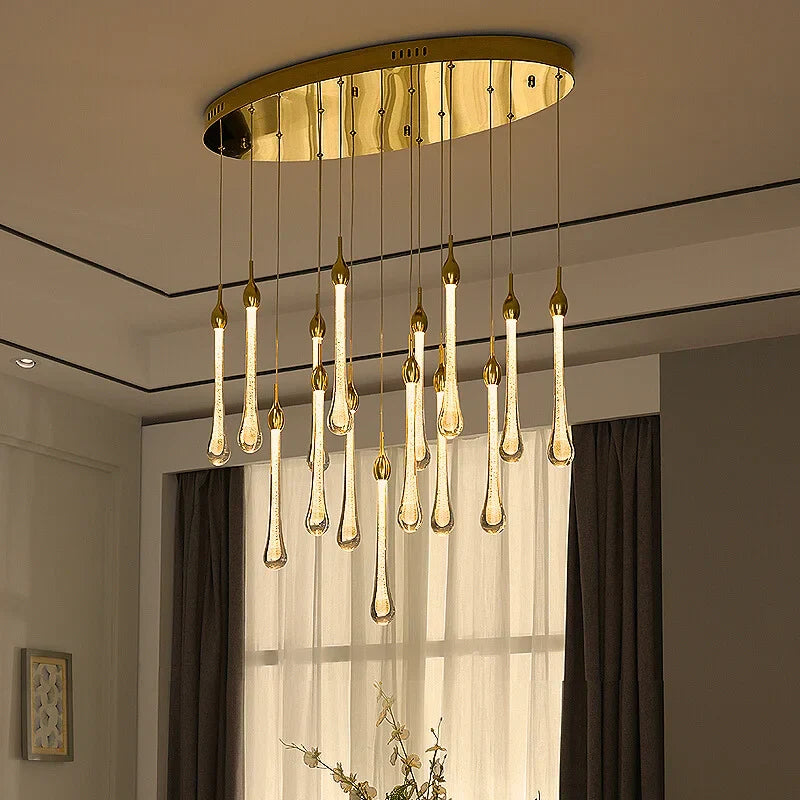

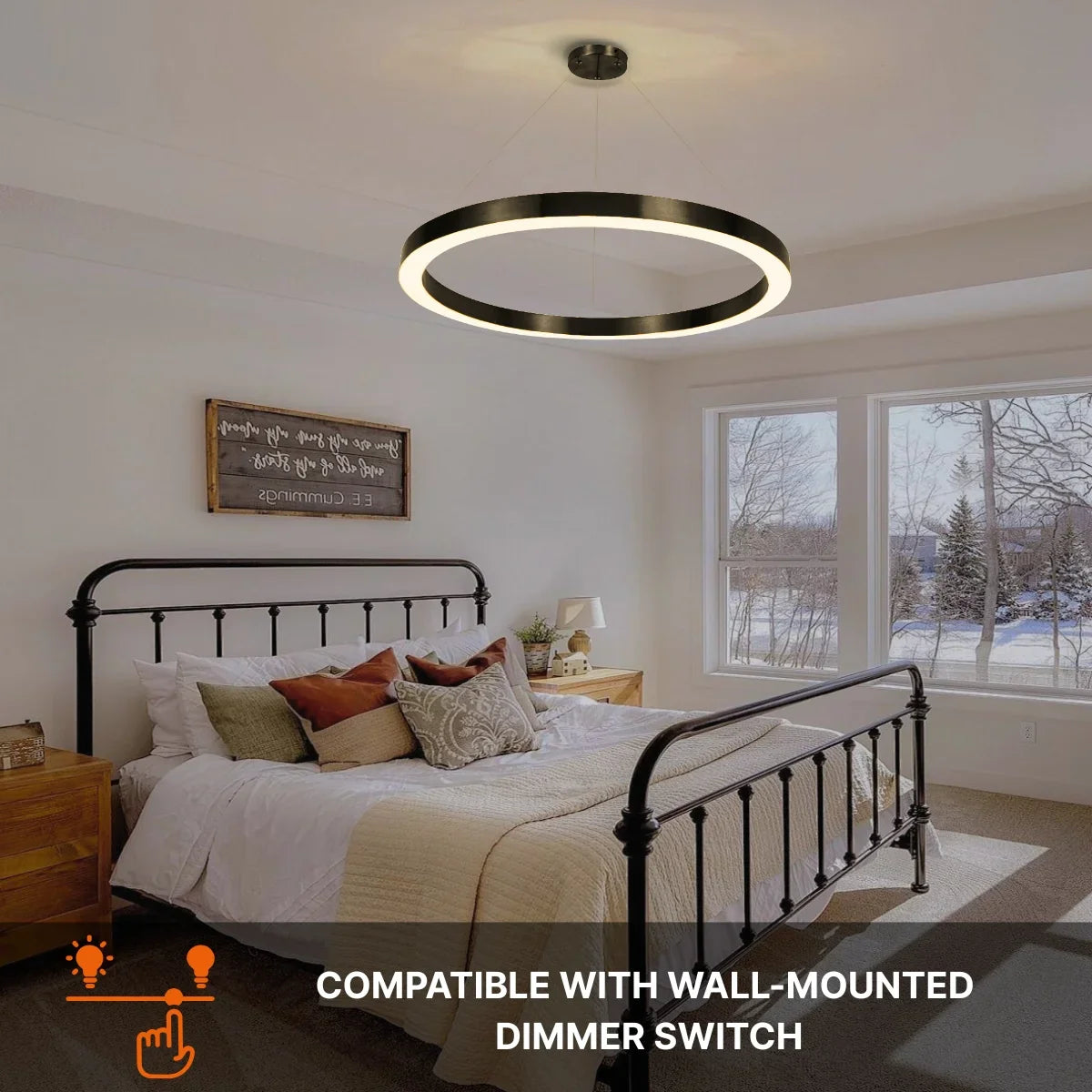
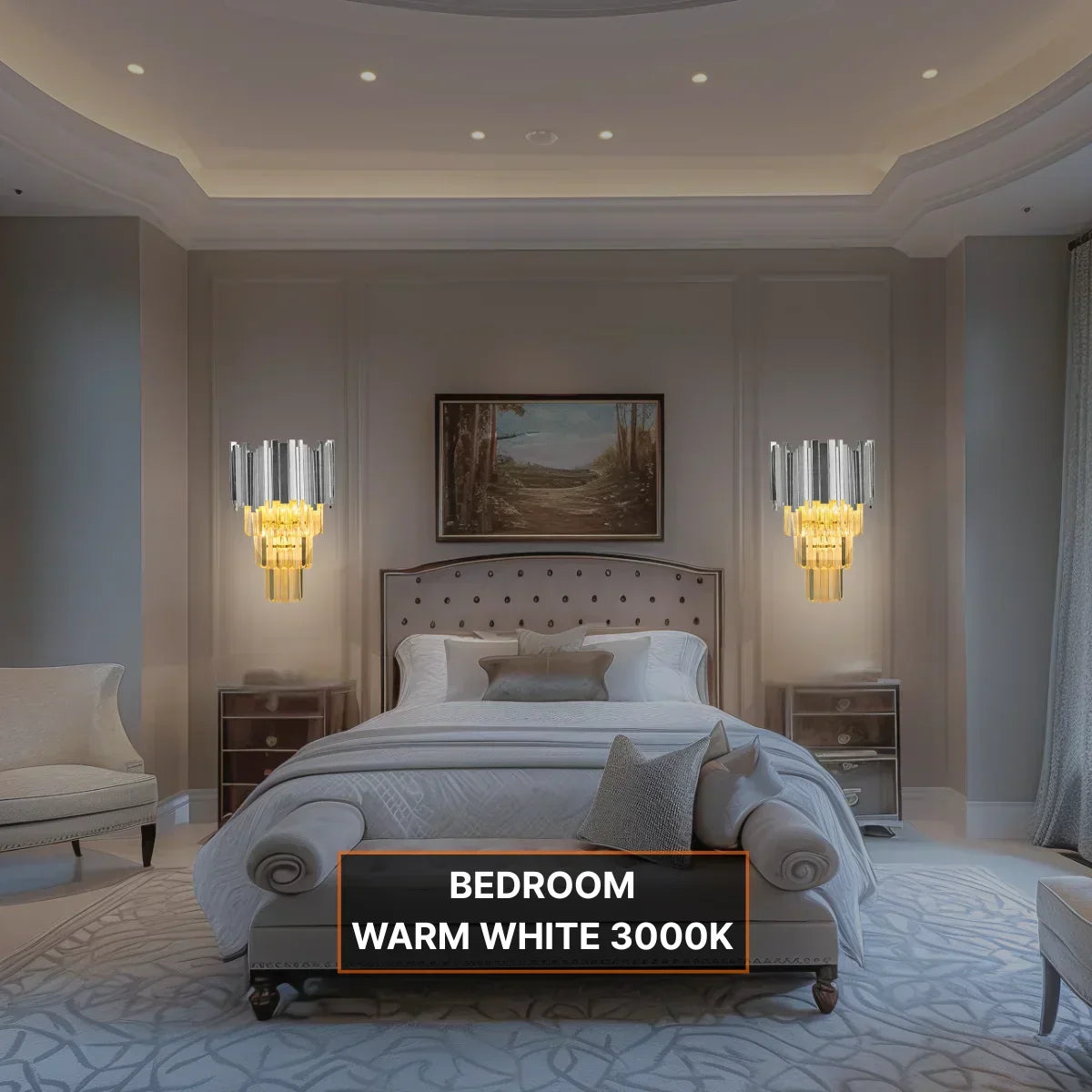
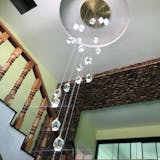
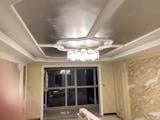

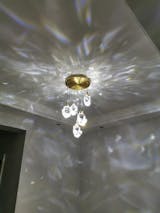
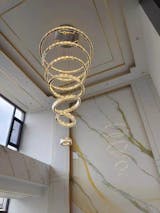
Share:
5 Reasons You Should Buy Your Next Chandelier from Yoogee Lighting
The Complete Guide to Kitchen Pendant Light Fixtures